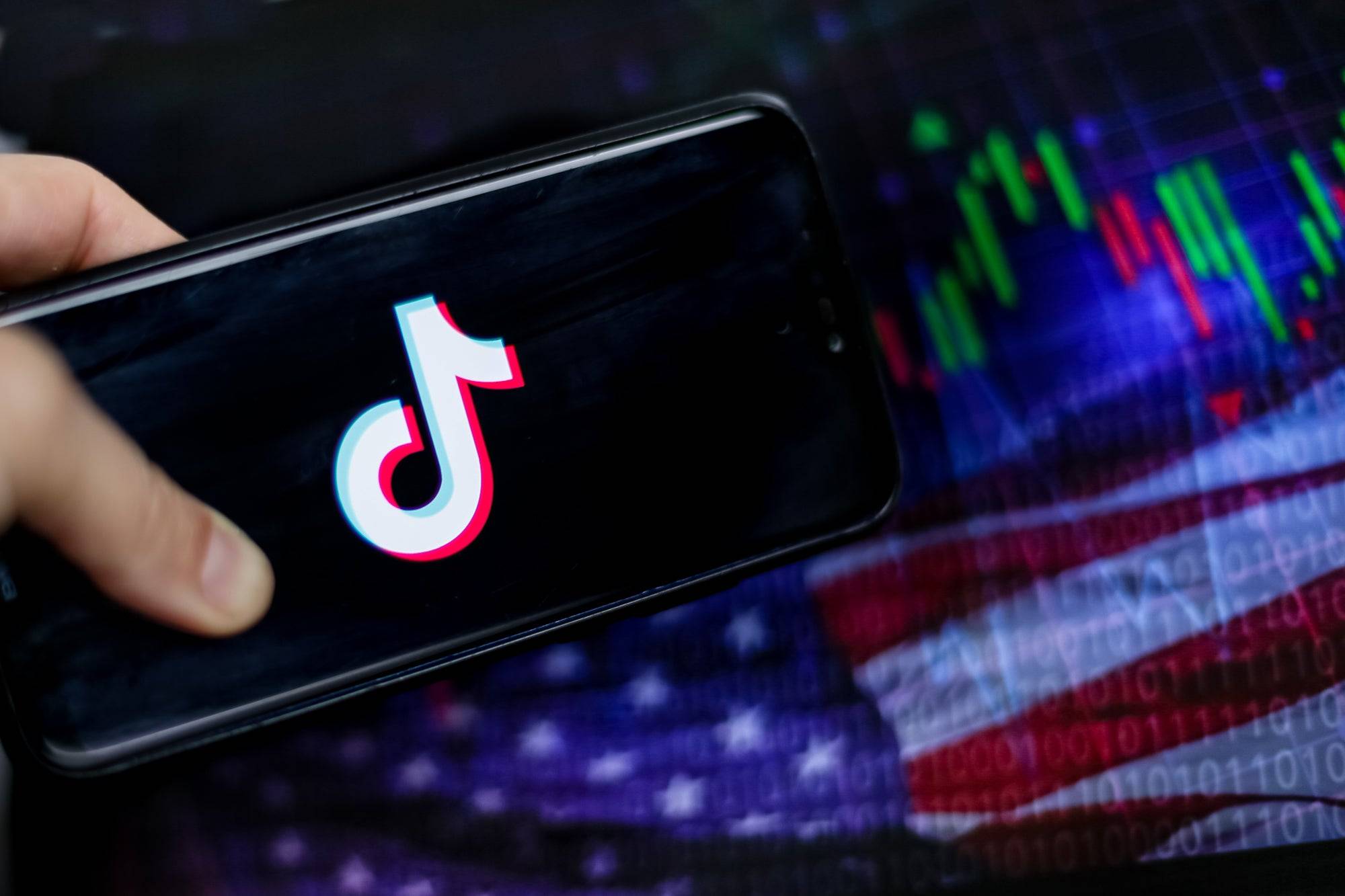The U.S. Supreme Court's rejection of TikTok's appeal paves the way for a nationwide ban, set to begin Sunday, January 19th. The court unanimously dismissed TikTok's First Amendment challenge, citing the platform's scale, susceptibility to foreign influence, and extensive data collection as justifying the ban to address national security concerns. While acknowledging TikTok's significance for millions of American users, the justices upheld Congress's determination that divestiture is necessary.

Without political intervention, TikTok will be effectively shut down on Sunday. President Biden's preference is for TikTok to remain available under American ownership, but implementation falls to the incoming Trump administration.
The Supreme Court ruling emphasizes Congress's concerns about TikTok's data practices and its relationship with a foreign adversary. However, President-elect Trump, who has previously opposed a complete ban, might issue an executive order delaying enforcement by 60 to 90 days. Reports suggest he's already discussing the matter with Chairman Xi Jinping.
The possibility of a sale to a Western entity remains uncertain, though reports indicate a full acquisition is being considered. Elon Musk, involved with the incoming administration, is reportedly acting as a potential intermediary for interested buyers, or may even pursue acquisition himself.
In anticipation of the ban, many TikTok users have migrated to the similar Chinese app, Red Note (Xiaohongshu), with reports showing a significant surge in new users.
TikTok's future in the U.S. hinges on either a successful sale or the cessation of operations—unless the Trump administration intervenes with an executive order.















